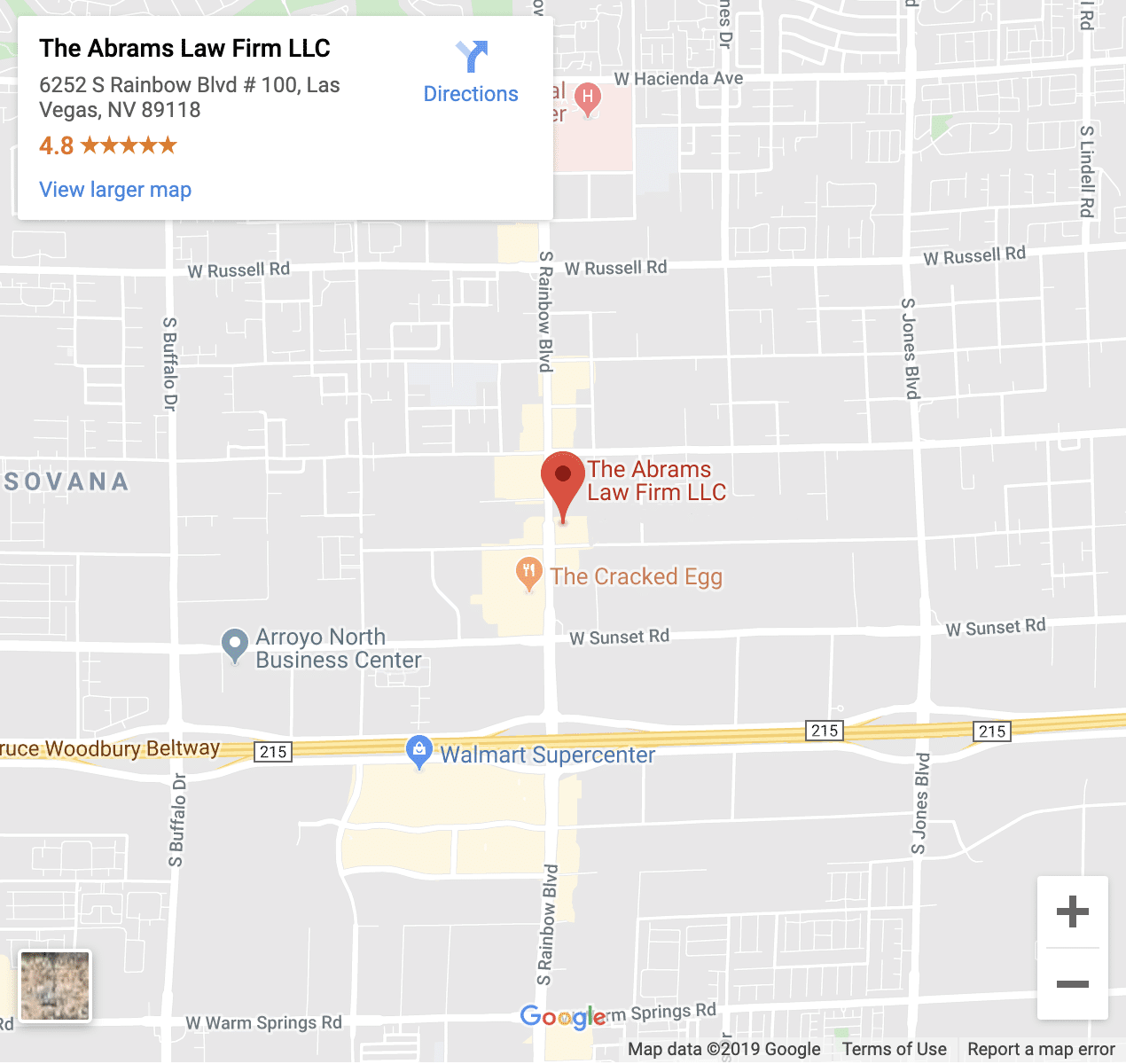How Do You Separate Social Media After Divorce?

Make Sure Your Divorce Attorney Agrees
Joint social media accounts may be community property. There are too many factors to go into detail in this article but our divorce attorneys know it’s important to consider how these accounts are handled during and after your divorce. You should not make any drastic moves without consulting with your divorce attorney first.
Limited Social Media Deletes
Once information is available online, it’s hard to remove all of it. And the longer the data has been online, the more likely it is to be on other platforms. In many instances, it’s wide-spread across websites that you aren’t even aware of.
The first step in separating your social media is to accept that you probably won’t be able to remove everything. So begin by removing what you can. You can also contact the little known websites that somehow have your information and ask them to remove it. However, the people who run these websites have no interest in deleting anything. Additionally, many are located internationally. This limits your legal process options. It’s also likely financially unwise. So, do the best you can but don’t obsess over it.
Protecting Your Privacy
Separating social media usually involves blocking access to accounts, blocking access to data, and separating accounts completely. These steps can help:
- Change passwords to private accounts
- Delete shared social media accounts and create new private ones
- Backup, reformat, and re-install your electronic devices
When your online accounts go from “we” to “me”, you’ll want to start limiting access by changing the password. From health insurance to email to Facebook and other social media accounts, privacy becomes paramount during and after a divorce. It’s not a matter of being selfish or inconsiderate. Your life after marriage is a fresh start and you have every right to decide who can see it and who can’t.
You also want to be sure that there are no hidden files or “back doors” on the electronic devices you retain during and after your divorce. The best way to do this is to backup, reformat, and then reinstall the apps, programs, and verified clean data on each device. This can be complicated. So hiring a technology expert that has experience in these processes is a good idea. You can then have comfort in knowing that your new private social media life is just that – private.
Business Ownership in Divorce Proceedings
7 Mistakes Professionals Make in Divorce
Do You Qualify for Alimony Payments in Your Divorce?
Bill Gates Divorce
Pensions and Divorce in Las Vegas
Lottery Winnings in a Las Vegas Divorce
Pitfalls to Avoid in Prenuptial Agreements
Grandparents Rights
What is Temporary Spousal Support?
Divorce and Social Security Benefits


